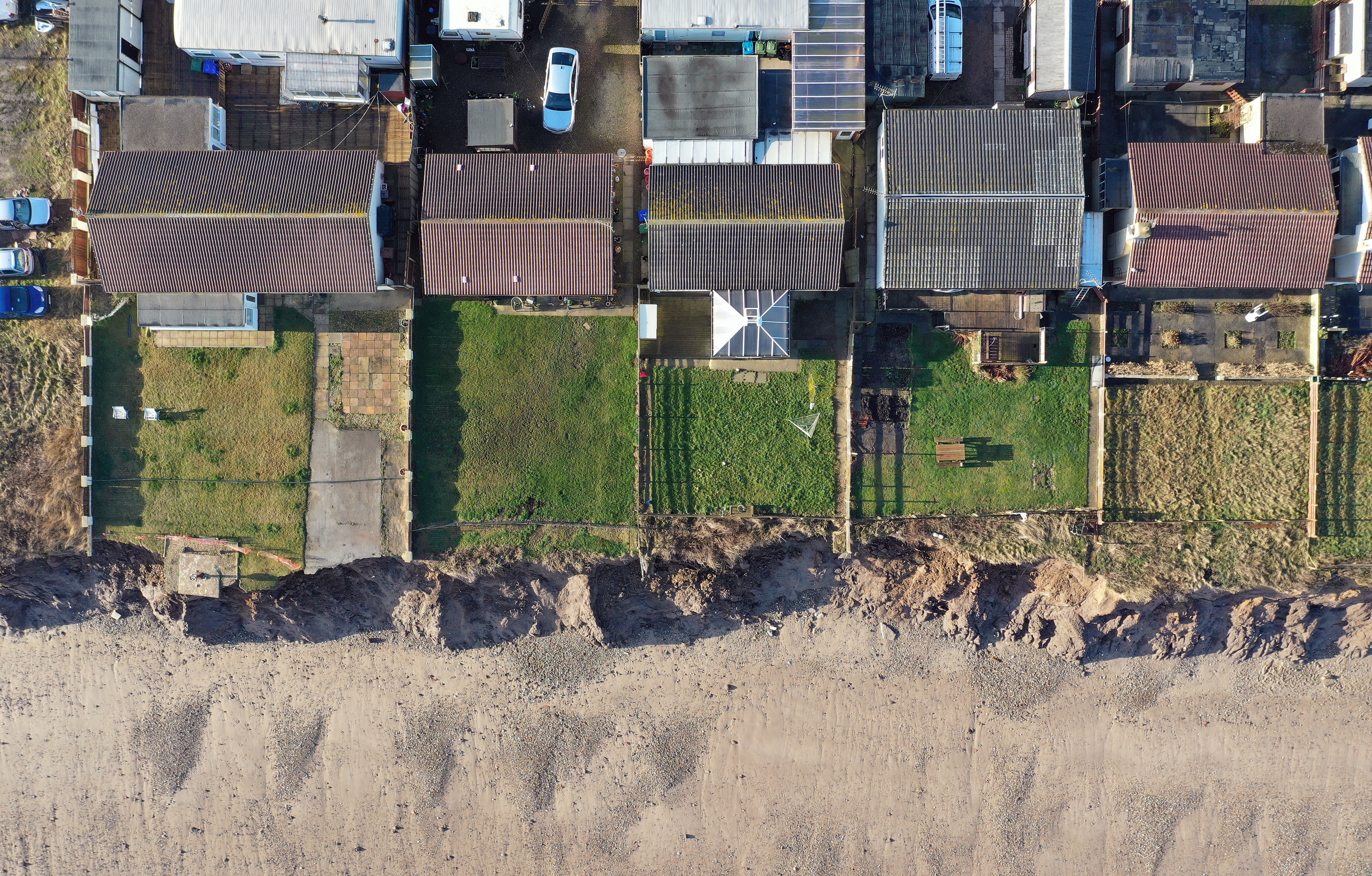My Carbon Footprint: The danger of the status quo
So what are you going to do about climate change, asks Kate Hughes


In case you missed it in amongst the pageantry, flag waving and four days off work (for some), it was World Environment Day on Sunday. It passed most of us by, caught up instead in the confirmation of continuity, stability, the remarkable resilience of the status quo. If our national celebration could be summed up in one word I might go for “reassurance”.
In a world of volatility and uncertainty that’s a precious commodity, one our psychology urges us to cling to, to champion, to protect against all threat – real or imagined. Humans are weird. We crave familiarity, pattern and repetition even as the pursuit of it seals our fate.
Except that we’re not staying still. We’re exploding. Despite knowing full well that our carbon emissions need to be dropping year on year by now, that we have to slash it by half within seven years to have any hope of avoiding all-out disaster, 2021 saw the highest ever level of annual CO2 emissions. That’s not because we’re all bent on self-destruction. It’s just because we’re carrying on “as normal”.
We know that climate change means the poorest and most vulnerable are already suffering disproportionately, but don’t believe for one moment we won’t be hit by this. That we’re not already being hit, and badly. As the party wound down and we all went back to the nine-to-five, school run and weekly shop this week, the Environment Agency was talking about the need to move whole towns as coastal erosion accelerated due to climate change.
Thousands of people in the UK have already been directly and dramatically affected by just this one aspect of environmental breakdown. And not just in Filey or Bognor Regis, where the rate of coastal erosion could see them abandoned remarkably soon. Or in those settlements already being relocated at increasing speed.
A quick, slightly apocalyptic search of sea level forecasting tools like this one suggests that, along with big chunks of central London and other heavily populated areas of the UK, regular and severe flooding is set to disrupt major infrastructure across the country. Near me, this means that by 2030 the M5 and the main rail link to the southwest will regularly be under water at this rate.
But then that other weird human hang-up – time – kicks in: 2030 still seems distant. It isn’t. Your mortgage is probably longer. “Long term”, “within 50 years”, even “within our lifetime” and certainly “by 2100” are instant get-out clauses. They suggest we can continue to bask in everyday life a little longer, that we have a bit more time to do this gradually. We don’t.
Even over the weekend, in the midst of a national celebration of continuity, the warnings were rightly voiced on a global stage. But in such vague terms that they became immediately meaningless. The Duke of Cambridge talked of change and hope like so many leaders do every day but it feels like we have very little to go on in practical terms.
Except that, actually, we do. And it’s not all vegan burgers and bamboo toothbrushes. The biggest destructive force in our personal lives comes from our financial affairs. Half our entire individual carbon footprint is derived from the financial services we engage with by funding their investments in fossil fuels, industries that accelerate biodiversity loss, and the world’s worst polluters in sectors like consumer goods and food production. We are literally paying for climate destruction.
Shift our bank accounts, insurance, investments, pensions and mortgage from these organisations and we could reduce our carbon footprint by more than refusing to fly, switching to a plant-based diet and taking on an electric car combined. I would start – but not stop – there.
So here, in my final MCF column before I leave a career of 20 years to throw everything I’ve got at fighting climate change and biodiversity loss, is my parting shot. Change something. Don’t wait to be told or for everyone else to do it first or, god help us, for some whizzy tech to magic us out of this mess.
Take action. If only because carrying on “as normal” is only hastening the demise of the status quo we’re so desperately trying to cling to.
‘Going Zero: One Family’s Journey to Zero Waste and a Greener Lifestyle’, by Kate Hughes, is out now






Join our commenting forum
Join thought-provoking conversations, follow other Independent readers and see their replies
Comments